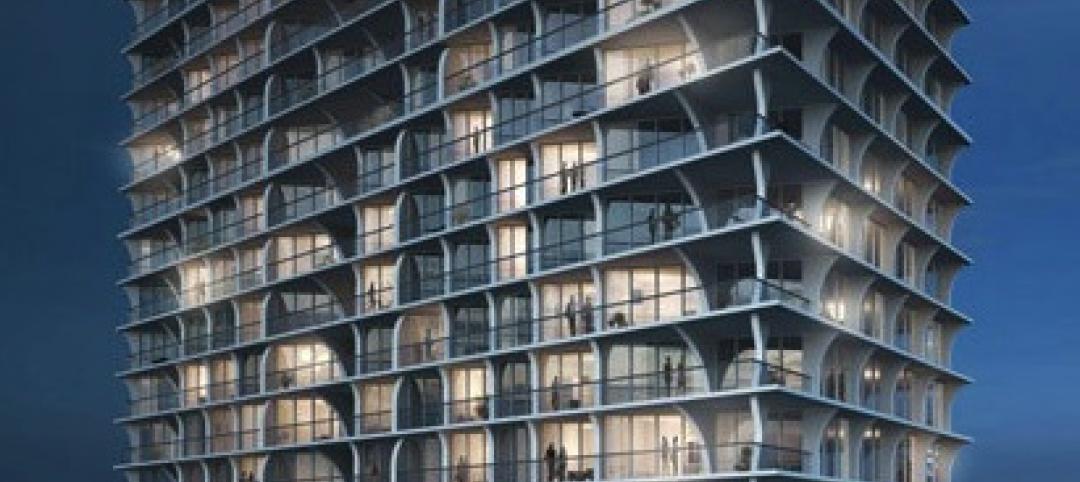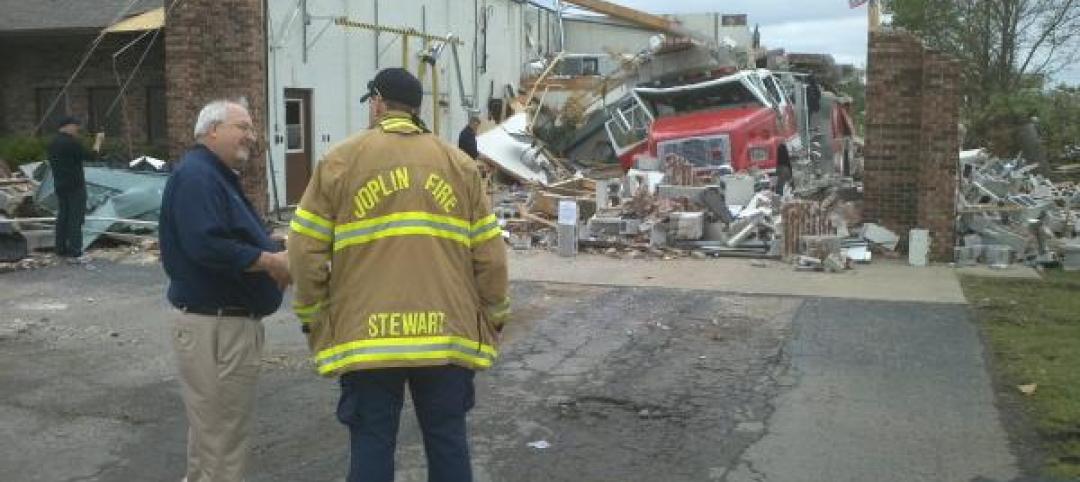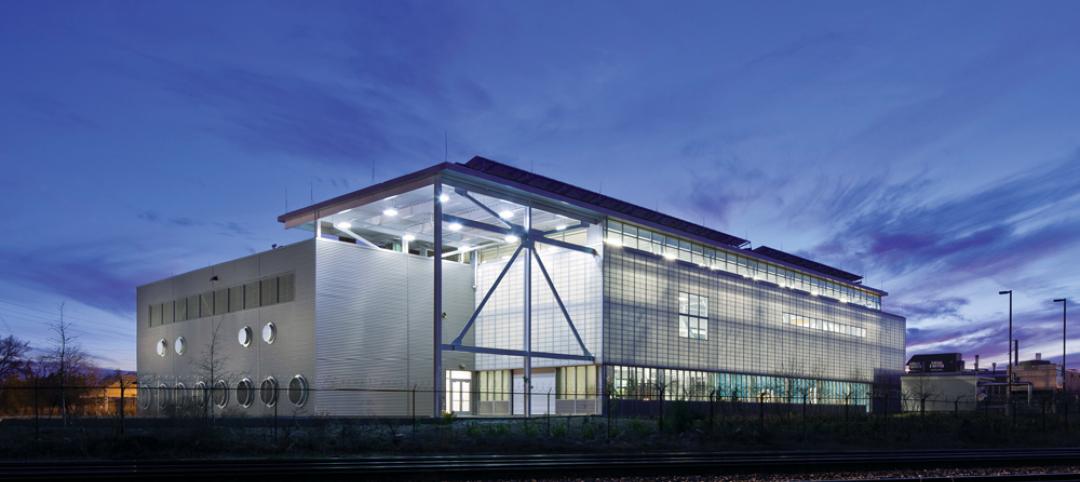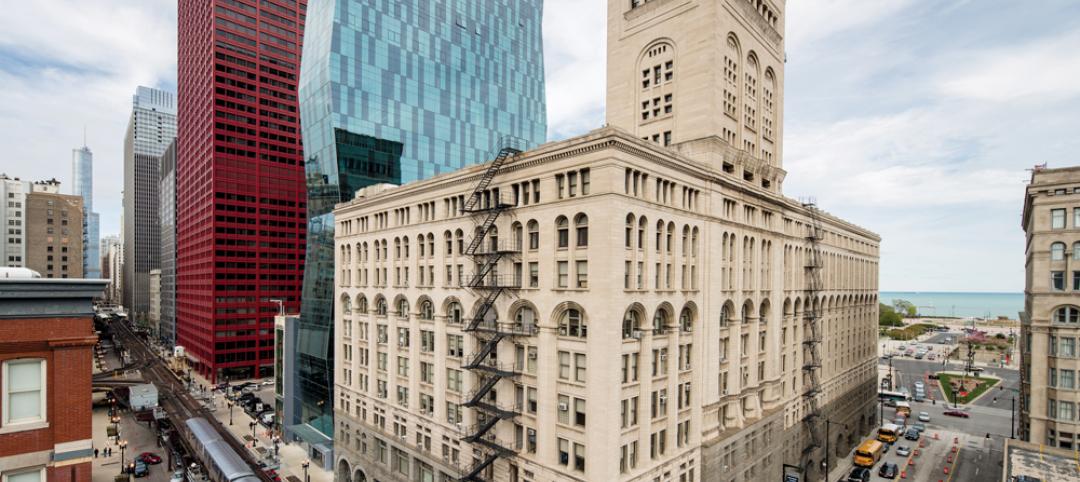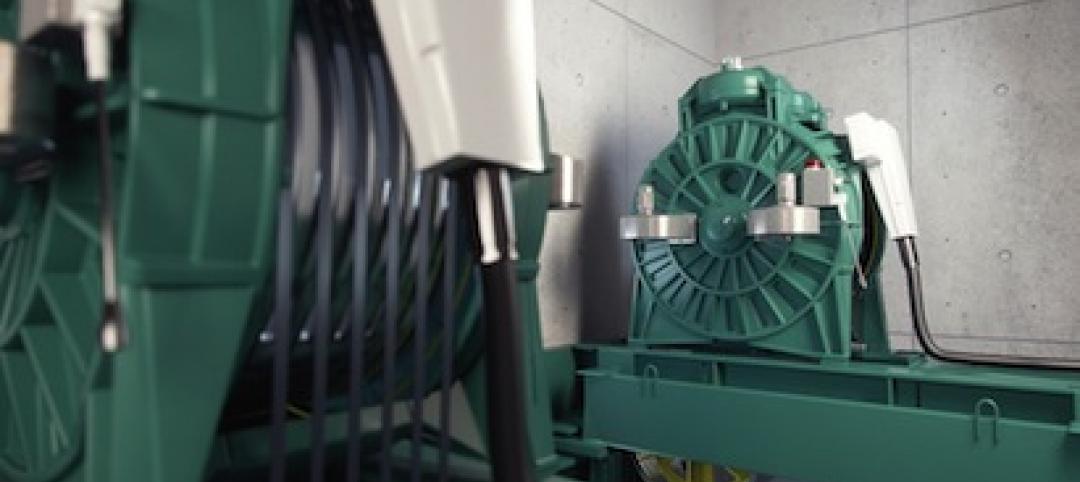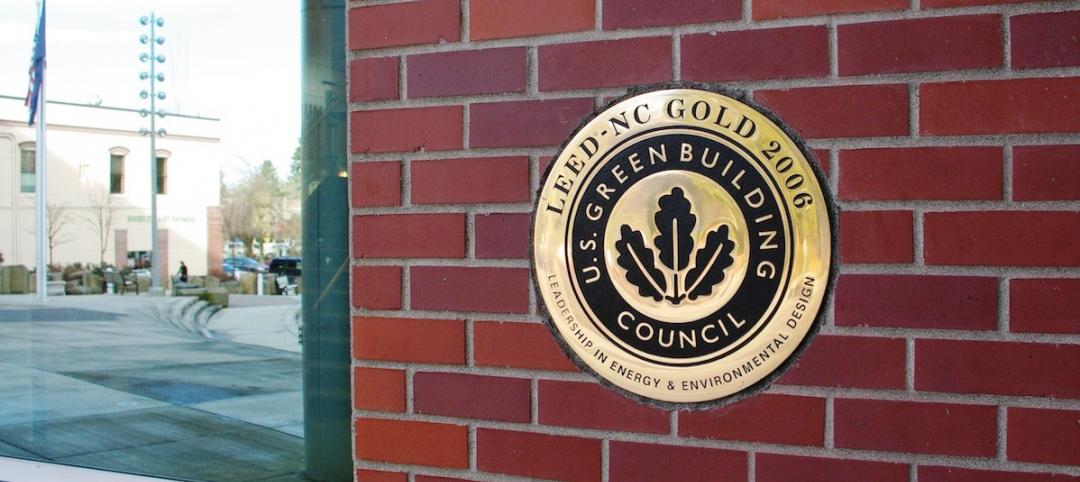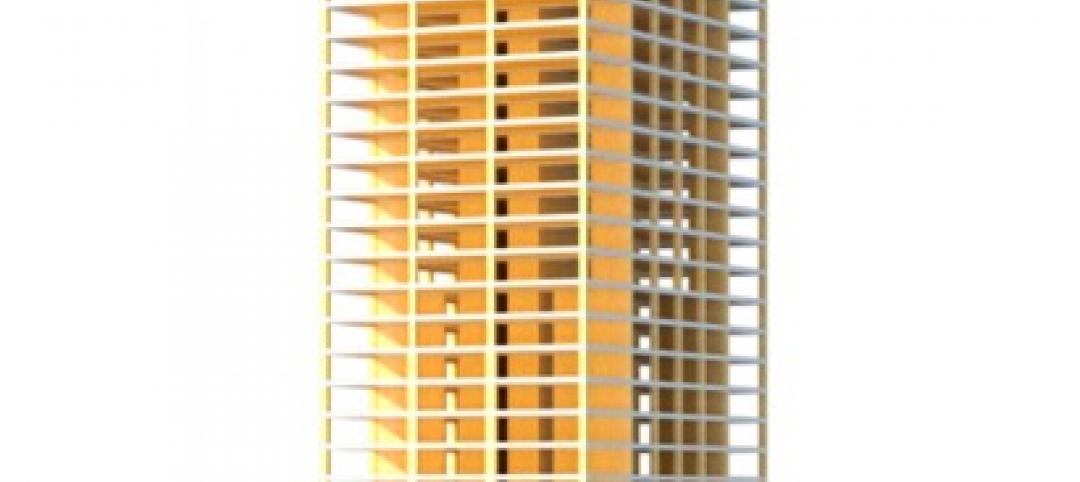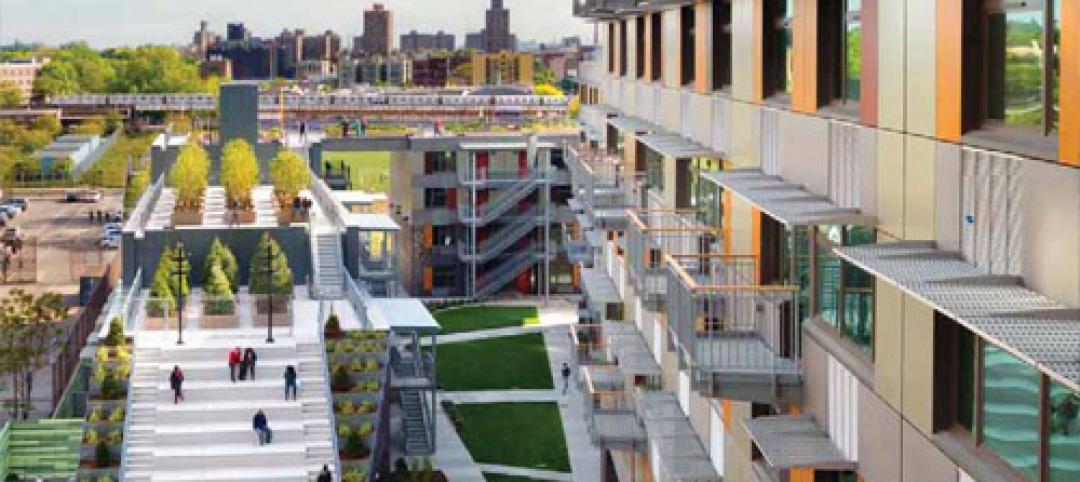Thirty percent. That’s the traditional metric of housing affordability, which holds that housing should cost no more than 30% of a family’s income. By that measure, about 55% of U.S. neighborhoods would be considered “affordable” for the average household.
When you factor in the cost of transportation, however, the percentage of neighborhoods that the typical family can afford falls to 26%, according to the Center for Neighborhood Technology, a nonprofit research group based in Chicago. Transportation is most household’s second-biggest expense, after housing.
The conundrum is that many lower-income families and individuals can’t afford to live in the more desirable areas served by good public transit. They are forced to choose neighborhoods whose housing they can afford, but which have limited transit service, or none at all. As a result, their housing costs may be 30% or less of total income, but the high cost of commuting to work makes their daily living costs unaffordable.
Transit-oriented developments help address this problem. TODs place housing at or near rail and bus service nodes and routes. This can, in many cases, enable lower-income residents to reduce the cost of their commute to work, making their total housing and transportation budget fall more in line with the traditional affordability metric.
Enterprise Community Loan Fund, an affiliate of the nonprofit Enterprise Community Partners, recently closed three deals that will create 462 renovated or newly constructed apartments in neighborhoods served by Denver’s transit system:
- Crosswinds at Arista, a $1.8 million loan to acquire vacant land in Broomfield, with rapid bus routes to Denver and Boulder. Sponsoring developer Gorman & Company plans to develop 159 one-, two-, and three-bedroom affordable apartments.
- Bonsai Apartments, a $2 million loan to acquire a nursery in Sheridan, 10 miles south of Denver, where Medici Development will build 149 new affordable apartments.
- Johnson & Wales Family Housing, a $5 million loan to acquire two student housing buildings on the former Johnson & Wales University campus. Archway Community Investment plans to turn the dorms into 154 affordable rental units. Buses with frequent rush-hour headways go right to downtown Denver.
The deals were financed through the Denver Regional Transit-Oriented Development Fund. Since 2010, the fund, a partnership among state and local housing agencies, banks, philanthropic institutions, and community development financial institutions (like Enterprise Community Loan Fund), has invested $50 million to renovate or build more than 2,000 affordable homes in the seven-county metro area. (All properties must meet Enterprise Green Communities criteria for the affordable housing sector. ) As loans are repaid, the capital goes toward new acquisitions to increase the supply of affordable homes near transit.
Seems like a pretty good model for other metro areas to adopt, don’t you think?
Related Stories
| Jun 25, 2013
First look: Herzog & de Meuron's Jade Signature condo tower in Florida
Real estate developer Fortune International has released details of its new Jade Signature property, to be developed in Sunny Isles Beach near Miami. The luxury waterfront condo building will include 192 units in a 57-story building near high-end retail destinations and cultural venues.
| Jun 19, 2013
New York City considers new construction standards for hospitals, multifamily buildings
Mayor Michael Bloomberg’s administration has proposed new building codes for hospitals and multifamily dwellings in New York City to help them be more resilient in the event of severe weather resulting from climate change.
| Jun 17, 2013
DOE launches database on energy performance of 60,000 buildings
The Energy Department today launched a new Buildings Performance Database, the largest free, publicly available database of residential and commercial building energy performance information.
| Jun 13, 2013
AIA partners with industry groups to launch $30,000 'Designing Recovery' design competition
The program will award a total of $30,000 to three winning designs, divided equally between three locations: Joplin, Mo., New Orleans, and New York.
| Jun 12, 2013
5 building projects that put the 'team' in teamwork
The winners of the 2013 Building Team Awards show that great buildings cannot be built without the successful collaboration of the Building Team.
| Jun 11, 2013
Vertical urban campus fills a tall order [2013 Building Team Award winner]
Roosevelt University builds a 32-story tower to satisfy students’ needs for housing, instruction, and recreation.
| Jun 11, 2013
Finnish elevator technology could facilitate supertall building design
KONE Corporation has announced a new elevator technology that could make it possible for supertall buildings to reach new heights by eliminating several problems of existing elevator technology. The firm's new UltraRope hoisting system uses a rope with a carbon-fiber core and high-friction coating, rather than conventional steel rope.
| Jun 5, 2013
USGBC: Free LEED certification for projects in new markets
In an effort to accelerate sustainable development around the world, the U.S. Green Building Council is offering free LEED certification to the first projects to certify in the 112 countries where LEED has yet to take root.
| Jun 4, 2013
SOM research project examines viability of timber-framed skyscraper
In a report released today, Skidmore, Owings & Merrill discussed the results of the Timber Tower Research Project: an examination of whether a viable 400-ft, 42-story building could be created with timber framing. The structural type could reduce the carbon footprint of tall buildings by up to 75%.
| Jun 3, 2013
6 residential projects named 'best in housing design' by AIA
The Via Verde mixed-use development in Bronx, N.Y., and a student housing complex in Seattle are among the winners of AIA's 2013 Housing Awards.



